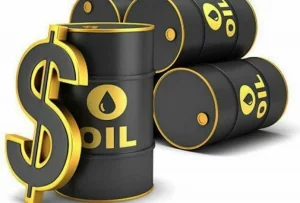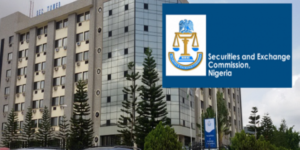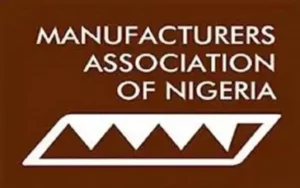
Drivers on the ride-hailing platforms, Uber and Bolt are now negotiating prices of trips with prospective riders to get paid higher than the estimated prices on the apps.
According to the drivers, who spoke with this medium, the negotiation of extra charges has become the only way they could survive in the business after Tuesday’s announcement of another hike in fuel prices.
This came as the riding platforms have yet to yield to the demand of the drivers for immediate price increments to reflect the latest price of fuel.
In its response to one of the drivers who wrote to the company over the issue, Bolt said:
“Thank you for sharing your concerns about the recent fuel price increase. We understand the impact it has on your earnings. Please know that fares are calculated according to Bolt’s policies, and we continuously review them to ensure fairness for both drivers and riders.”
While the ride-hailing platforms may later acquiesce to the demands of the drivers, they are now resorting to price negotiation as a coping mechanism.
For some, it is not only about negotiation but also about selecting what request to accept based on the pricing.
“I cannot be buying fuel at almost N1,000 per litre and still be accepting requests of N2,000 or N3,000. Even with the negotiation, it’s either I get requests from N5,000 upward or I park my car,” said one of the drivers who would not want to be named.
On the price negotiation, another driver on one of the platforms said:
“For Every long trip above N10k, I call the rider and give them my own price. I add at least N5k, if the rider does not agree, then I cancel.
“But if it’s a surge request, I will collect the exact fare on the app. That’s the only way we can continue in this business since the platforms are not ready to implement an increment on the app.”
Asked how he has been coping with the sudden increase in the price of fuel, another driver shared a similar strategy:
“For now, I give riders my price, if the trip is showing N7,00 on the app and the distance is let’s say from Ajah to Lekki Phase 1, I charge N9,00 or N10,000. Anyone following the price on the app at this time is just working for the ride-hailing companies because he will not gain anything after deducting fuel money and Commission.”
On Tuesday, Nigeria National Petroleum Corporation (NNPC) Limited reviewed the price of Premium Motor Spirit (PMS) from N617 per litre to N855 and N897 naira depending on location.
Even with the price increment, many filling stations across the country still do not have fuel to sell. The few filling stations that have fuel have immediately increased their prices.
The weeks-long queues are still visible despite the price increase as car owners and transporters continue to struggle to get the product at high prices.
In Lagos, the country’s commercial nerve centre, many people have been complaining about an increase in transportation fares even as buses are scarce on the roads.
Meanwhile, a few days before Tuesday’s fuel price increase announcement, one of the ride-hailing platforms, Bolt, had implemented an upward review of its pricing structure for riders in the Federal Capital Territory (FCT).
The new pricing, which reflects increases across several components took effect from Friday, August 30, 2024.
According to the company, the revised pricing for Bolt rides now has the minimum fare raised from N1,300 to N1,495 while the start fee has been adjusted from N737 to N884.
The company has also adjusted its cost per kilometre from N124 to N152 while the charge per minute is now N25, up from N21.








